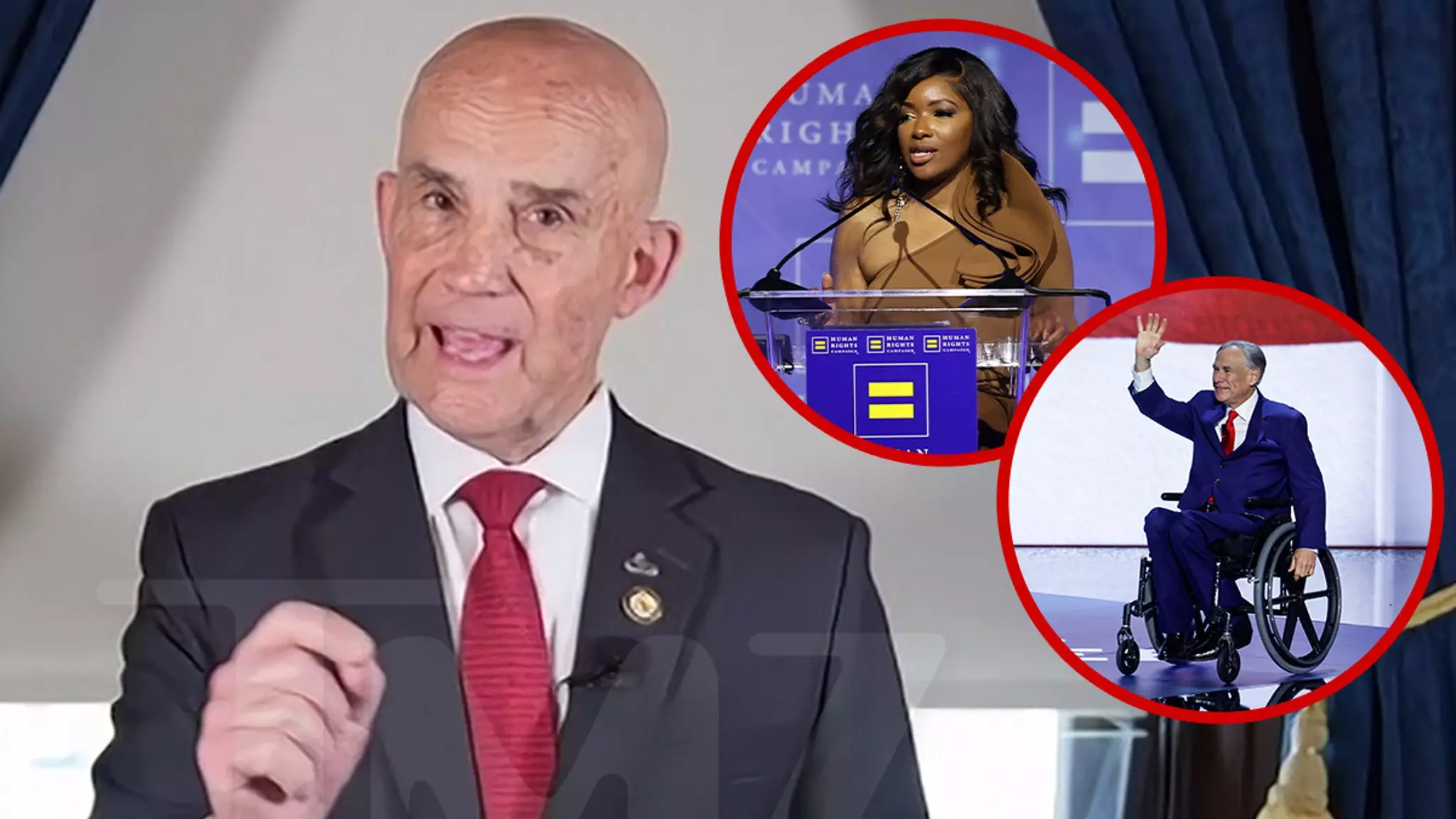In the intricate world of political banter, the line between humor and insensitivity is often blurred. The recent exchange between Congressman Keith Self and Congresswoman Jasmine Crockett serves as a poignant example of this phenomenon, highlighting the deep-seated divisions within the political arena. Self’s vehement criticism of Crockett for her comment regarding Texas Governor Greg Abbott’s disability reflects not only a protective attitude towards a fellow party member but also reveals the inconsistencies in political accountability. The incident begs the question: how do we navigate the complex landscape of humor in politics without falling prey to hypocrisy?
Personal Attacks or Political Commentary?
When Crockett referred to Governor Abbott as “Governor Hot Wheels,” the intent behind her remark was explained as a critique of his policies rather than an attack on his physical condition. However, Self’s reaction illustrates a broader issue—politicians often wield humor as a weapon, where the intent can easily spiral into personal attacks if not carefully considered. Crockett defended her comment by emphasizing that her focus was on Abbott’s governance rather than his disability. This defense raises an essential aspect of political discourse: should lawmakers exercise more caution in their humor, or is it simply part of the rough-and-tumble nature of politics?
Cherry-Picking Accountability
Self’s reluctance to condemn former President Donald Trump for mocking a reporter with a disability while simultaneously labeling Crockett a bully points to a troubling double standard in political criticism. By selectively choosing which comments warrant outrage, Self unwittingly complicates his stance. Is it acceptable for politicians to make jokes about disabilities, provided it serves their narrative? Evaluating the ethics of political humor illuminates the potential implications on public perception and the responsibility of those in high offices to maintain a respectful discourse, even amidst jest.
Humor as a Political Tool
Crockett’s insistence on standing by her comments signifies a growing trend where politicians utilize humor not just for entertainment but as a powerful rhetorical tool to address serious issues. By branding Abbott as a “Hot A** Mess,” Crockett aimed to highlight policy failures through levity, hoping to provoke thought among constituents. This tactic, while polarizing, represents a shift in how political figures engage with the electorate, challenging the status quo while navigating the pitfalls of political correctness.
The Consequences of Political Insensitivity
Ultimately, the repercussions of careless commentary can be profound. While humor may invigorate discussions and attract attention, it can also alienate constituents, stirring backlash that transcends party lines. In an era where political correctness is under constant scrutiny, the importance of understanding context and nuance in political humor has never been more critical. Self’s response to Crockett indicates more than a simple disagreement; it underscores the urgent need for political actors to engage thoughtfully and respectfully, recognizing that rhetoric can wield significant influence on public sentiments and social issues.

Leave a Reply